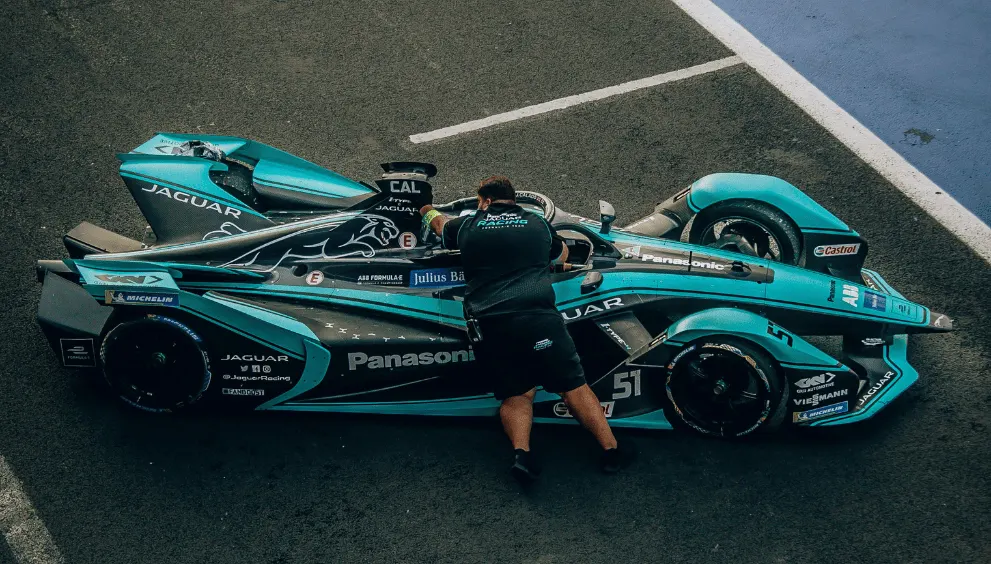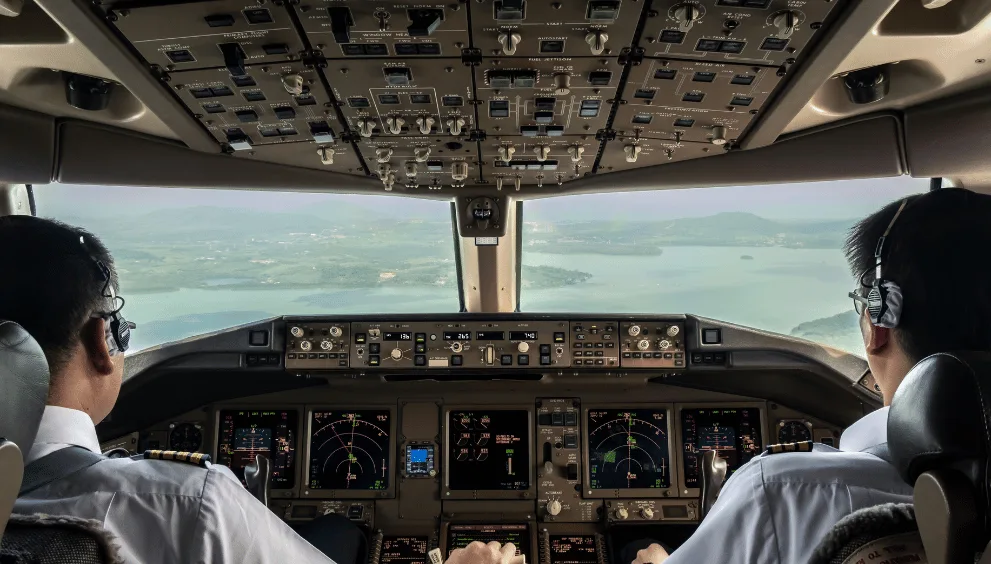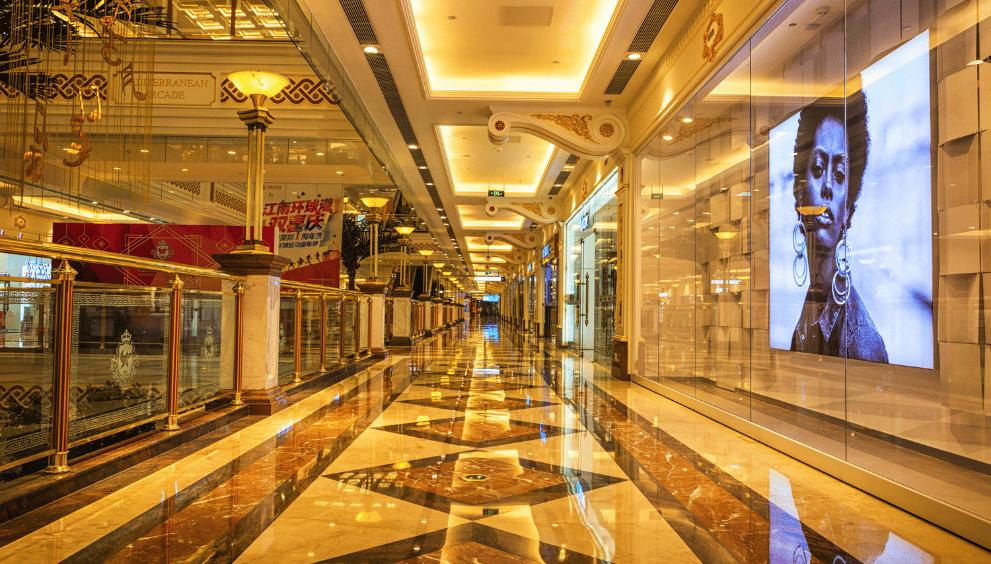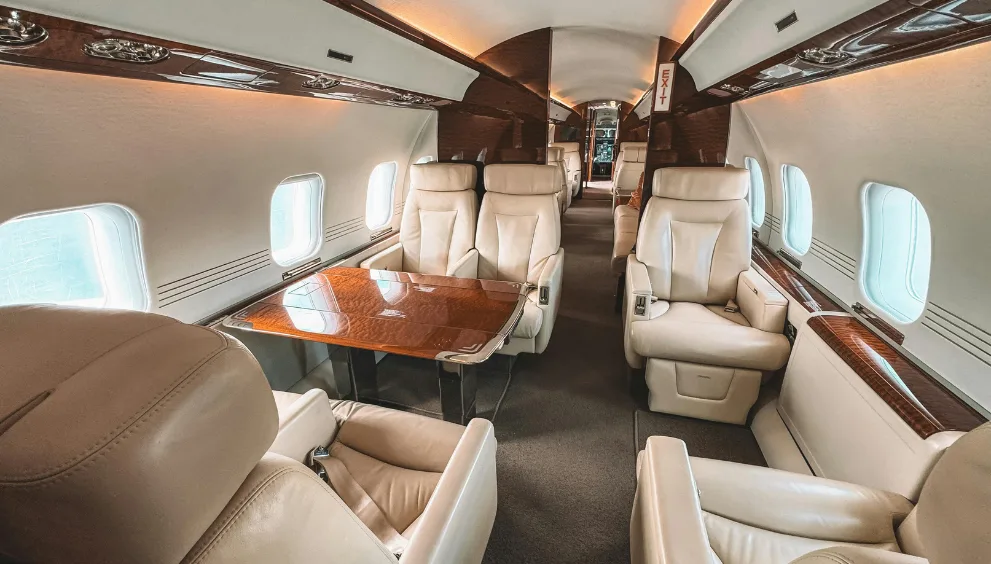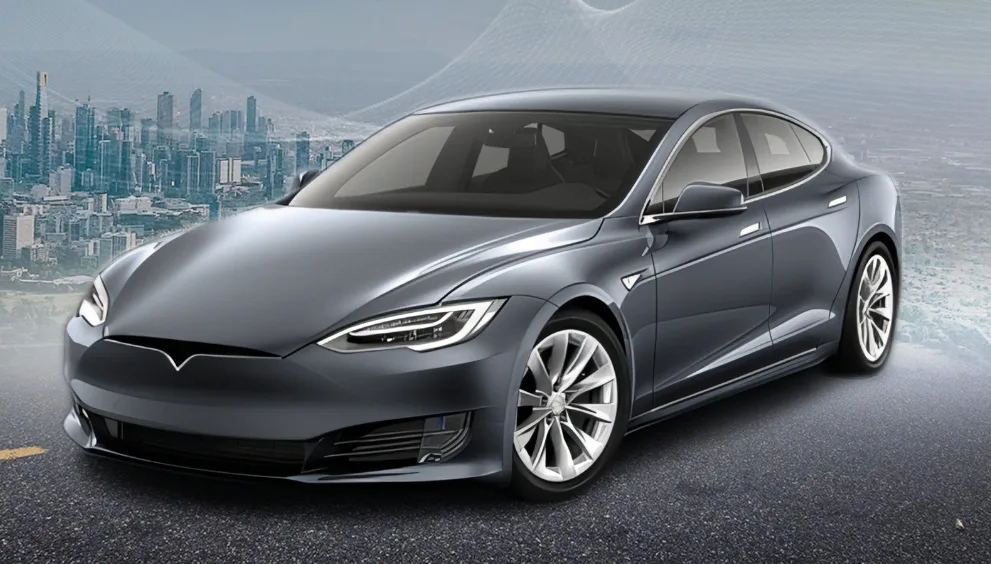From Private Jets to Space Travel: The Next Frontier of Ultra-Exclusive

Just when you thought flying private was the peak of luxury, billionaires started booking trips to space. Those days will soon be gone when owning a private jet will be the ultimate flex of richness or luxury, because space travel is a new buzzword in the dictionary of the ultra-exclusive.
The global space tourism industry is expected to reach USD 8.67 billion by 2030, Similarly, the space tourism market is assured for substantial growth, with an estimated market size of USD 892.2 million in 2025 and a projected USD 5.1 billion by 2035.
This indicates an increasing interest in the economic continuity in premium, non-traditional forms of travel.
From understanding the rise of space travel, the big players in that market to upcoming trends, this post will talk about all you need to know about our future in the airline industry and space tourism! So, wear your seatbelts tight and let us take a flight into the outer world.
Space Travel: What makes it ultra-exclusive features?
Let us start with knowing space travel and what makes it ultra-exclusive. It’s about experiences accessible to only a handful of humans on Earth (literally) with million-dollar price tags, rigorous astronaut training, and waitlists longer than luxury car launches.
Earlier, what were black card memberships, island resorts with no names, or private safaris in unexplored terrains are now expanding or, rather, launching into space.
Here is what makes space travel so extra –
Price Tag: $250,000–$55 million per trip, depending on the experience.
Seats: Less than 10 per flight — exclusivity, check.
Training: Some level of astronaut training. Also, a status boost.
Views: Literal out-of-this-world.
Looking at the extraordinary features, you must have gotten an idea of why space travel is booming and why private jets are becoming less attractive for the rich. But how did this shift even happen? Let’s dive in more!
What is Suborbital Spaceflight? Why are people choosing it over Private Jets?
Private jets are still a big deal. They offer comfort, privacy, convenience, and speed—it has it all. Data says that the UAE is leading the boom, with the private jet market in the Emirates predicted to grow from about 150 aircraft currently to 250 in 2025. But here’s the catch—they’re becoming common among the rich. That exclusivity is fading.
Luxury is evolving. Think of this – private jets take you to the best places on Earth. Space travel? It takes you beyond. It’s adventure, prestige, and exclusivity wrapped in one.
Space travel is a ticket that no one can afford, yet. Companies like SpaceX, Blue Origin, and Virgin Galactic have initiated already. They are not just selling a trip, they are selling an experience no one in this world has had before!
In addition, there is focus on customisation, allowing space tourists to create their experiences, from selecting flight paths to curating onboard activities. These developments can be a reason for a shift in space tourism. Travellers value time efficiency, privacy, and convenient travelling over a long airport procedure.
Other reasons could be the encouragement of the government for commercial space ventures. Initially, governmental space organizations solely headed the space missions. However, opening up government-owned facilities for commercial activities thus led to an increase in the involvement of the private sector and innovations.
Suborbital space flights are the new airplanes! They involve reaching the edge of space (roughly 100 km above sea level) but not achieving the speed necessary to enter a stable orbit around Earth, and instead they return to the planet. Many such space tourism companies provide a shorter and less expensive way to enter the space world.
One of the recent examples would be the NS-31 mission, an all-female crewed flight scheduled for launch on April 14, 2025, by Blue Origin, founded by Jeff Bezos, which offers space tourism through its New Shepard program, a fully reusable suborbital launch vehicle.
Space tourism – A Peek into 2050 (and will impact other industries)
Are you wondering what 2050 may look like? Check out! Space Development Corporation is a company planning to build orbiting hotels where around 400 guests can easily reside and enjoy some unheard-of amenities like artificial gravity and panoramic views of Earth.
Moreover, there is a possibility of a major shift in the hotel and hospitality industry due to these space hotels, which will be able to offer extraordinary leisure activities like sports and spacewalks but in zero gravity. The trend is towards zero-gravity vacations instead of the Maldives and maybe even honeymoons on the Moon.
Additionally, the development of space business parks, like Blue Origin’s proposed Orbital Reef, suggests a future where business trips extend beyond our planet. The fashion industry can start customizing space suits. And in entertainment-—imagine a concert or a movie shooting in orbit!
But What About Sustainability?
However, the expansion of space tourism raises environmental concerns, as studies indicate that a single space tourism flight could emit as much CO₂ as 300 transatlantic flights combined, prompting discussions about the sustainability of such ventures.
But let’s be real – space travel is not affordable for 99.9% of people.
We’re talking hundreds of thousands to millions of dollars per seat. Add training, time, and the waitlist? Yeah, it’s elite-only territory for now. The tech moguls, the billionaires. The celebs who want something more Instagrammable than the Maldives.
One day, space might just be the new business class.
The idea of exclusiveness and luxury has always been moving. It’s not just about what you own but where you can go, what you can access, and who you can outdo while at it.
But maybe, just maybe, the rest of us will get our chance in a few decades. Remember? Commercial air travel was once only for the rich, too.




















